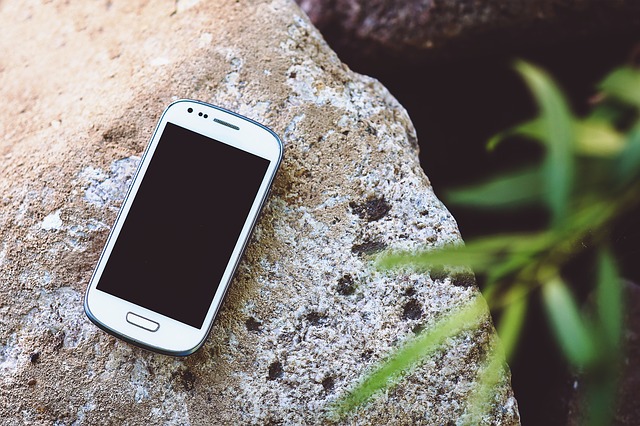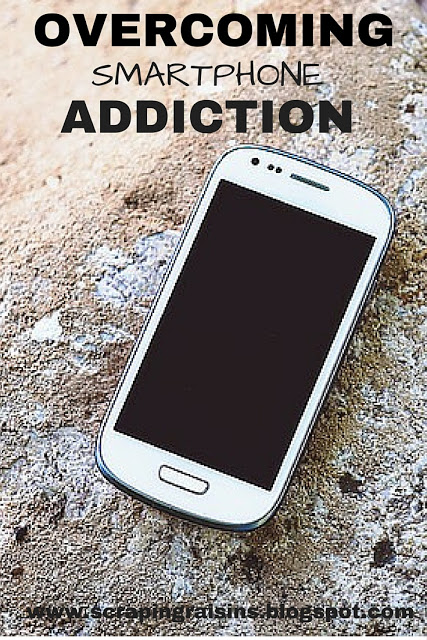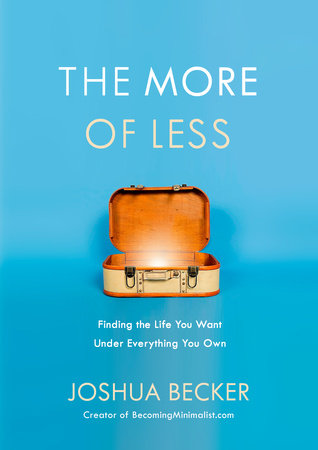
I’m addicted.
No, I’m not addicted to alcohol, porn, drugs, or drugs. I’m addicted to my Smartphone. It’s been awhile now. I even wrote about it nearly two years ago in an article for SheLoves Magazine called It’s Time to Hide My Hashtags. At the time, I was horrified to discover that I unlocked my phone over a hundred times a day and spent two hours or more a day (on average) on my phone. Sounds ridiculous, but that’s actually average for most Smartphone users. (The fact that we app and Smartphone owners are called “users” is so telling …).
I’ve asked in Facebook groups, on Twitter, and among my real life friends, trying to figure out the magic formula to yank myself out of the Smartphone use compulsion. I started sleeping with my phone plugged in downstairs, deleted apps from my phone, got my husband to block those apps and websites on my internet browser (only he has the password), but I always make up excuses to convince him to let me creep back in the gate. Eventually I find myself right back where I started: mindlessly swiping and scrolling away precious minutes of my life.
Nothing has worked.
So coming across a book called Digital Minimalism felt serendipitous to me. I’m desperate for change. Desperate enough to call it quits on my Smartphone and social media for the whole month of December and maybe even beyond.
Cal Newport sold me within thirty pages of his book, citing all the ways Smartphones have been developed to keep us glued to our screens for one simple reason: it makes more money. He talks about the dopamine hits we receive with each “like,” how one developer called the Smartphone a “slot machine,” and others admitted developers exploit our basic human need for social approval.
Bill Maher joked that the App Store was coming for our soul. Newport writes, “As revealed by whistle blowers and researchers … these technologies are in many cases specifically designed to trigger this addictive behavior. Compulsive use, in this context, is not the result of a character flaw, but instead the realization of a massively profitable business plan. We didn’t sign up for the digital lives we now lead. They were instead, to a large extent, crafted in boardrooms to serve the interests of a select group of technology investors” (p. 24).
Scary.
So while I’ve taken a few measures and gone a week without my Smartphone before, I’ve never done an entire month. December seems like the perfect time to do a digital detox so I can start out 2020 with a clear head and greater focus (I’m also re-reading Essentialism, which is perfect for this time of year. Yes, Enneagram 3 here …)
I wondered if any of you would like to join me in the challenge?
Here’s what I’m thinking for the Great December Digital Detox of 2019 (which Newport calls “digital decluttering.” He says, “It’s a mistake to think of the digital declutter as only a detox experience. The goal is not to simply give yourself a break from technology, but to instead spark a permanent transformation of your digital life” p. 70.)
Newport recommends we:
- Define our technology rules and operating instructions (any exceptions to the rules).
- Take a 30-day break (ours will be 31 days).
- Reintroduce technology. (This all reminds me of the Whole 30 diet…) To do this, ask yourself: a) “Does this technology directly support something that I deeply value—not just offer a benefit?” p. 75. b) Is this the best way to use technology to serve this value? c) How and when will I use it?
Defining My Technology Rules
(This is what I’ve worked out for myself, but you may want to tweak it for yourself)
NON-NEGOTIABLE:
Clear off all the apps from my phone that I don’t absolutely need (yes, that means Instagram..). Continue to use the app Block Site that will block apps and even my internet browser. Only my husband knows the password. I’m essentially “dumbing down” my phone to only text, make calls, use GPS, and have any other business-related apps.
Block social media (Facebook, Twitter, Instagram, and Pinterest) on my computer. I think Block Site will also work for this. (I’ve also heard good things about Freedom, but I think you need to pay for that one.) Perhaps I’ll set up my private messages so that people get an “out of office” sort of message.
NEGOTIABLE:
News. Newport suggests just checking a curated list of articles like allsides.com or listening to a news round-up podcast like Up First by NPR (13 or 14 minutes)
Email. I can’t not check email, but I probably don’t need to check it twenty-eight times a day. I need to come up with specific times of day I will check email—probably morning, noonish, and once in the evening.
Podcasts, music, audio books. One of Newport’s chapters is about solitude and how some of the most important ideas are borne out of great swaths of time and silence to reflect (his other book Deep Work goes into greater detail about this). I tend to fill every quiet moment with someone else’s ideas, so I think I’ll take the month off of podcasts and audio books (or think of specific situations when I can listen—like when I’m cleaning toilets or something). Not sure yet about music since I do enjoy Christmas music … need some parameters for this.
Texting, Voxer, What’s App, Marco Polo, Snapchat and Facebook Messenger. Newport isn’t a fan of these because it means we’re on call at all times. He mentioned a service where you can consolidate your text messages and just check them once or twice a day. I think I’ll minimize down to texting and calling only during the month.
Camera. I could be wrong, but I’m guessing I probably don’t need to take 100 pictures a day that I never use for any good purpose. I still have a point-and-shoot camera, so I may just use that for the month and see what happens.
T.V. This was more of a distraction for me when I was single and living alone and would binge-watch Alias until 3 am. Now that I’m married with small children, I’m lucky if I watch one 42-minute show a week with my husband—and that’s mainly just so we can fold clothes. I’ll keep this (plus I’ll want to watch some Christmas movies).
Leisure Time
(What’s that?) Newport says we need to enter the month with a plan for how we’ll fill the extra time we find ourselves with. I hope to read more, play more, and talk to actual people instead of just sending messages across oceans and states. It might also be a good time to do some Advent reading, spend more time praying, and go on more walks.
That’s my plan. The book Digital Minimalism has a ton more ideas on how to actually do this, so I recommend reading or listening to it in advance!
I’ve started detoxing a bit and am already feeling less anxious and more peaceful. It’s definitely time to do this.
Join me? If you want to, send me an email at scraping raisins @ gmail (dot) com to let me know you’re in for the Great December Digital Detox of 2019.
*This post contains Amazon affiliate links




